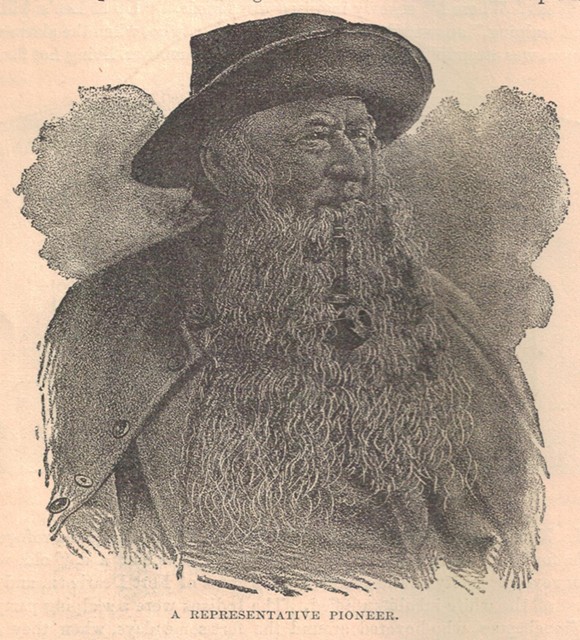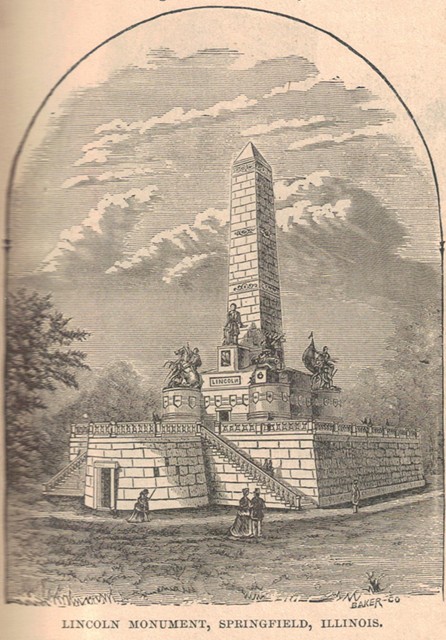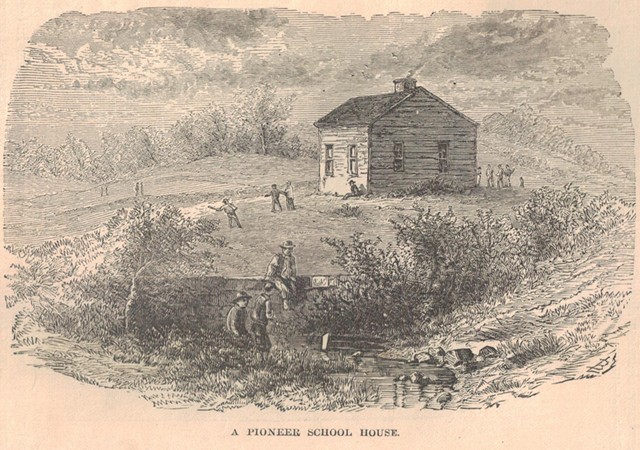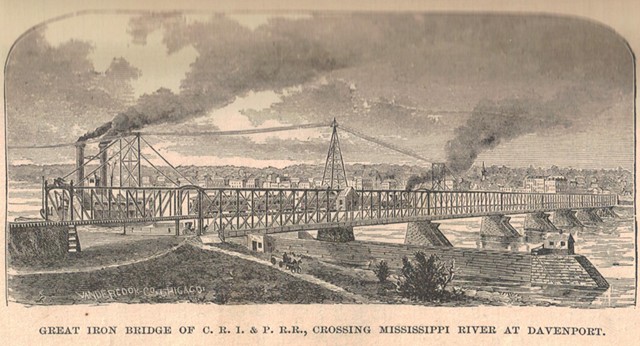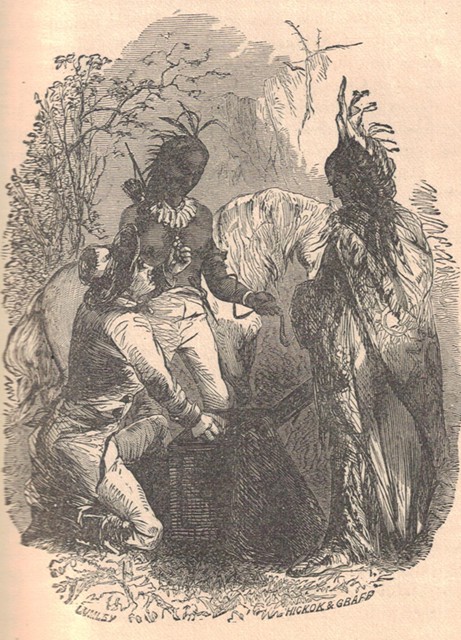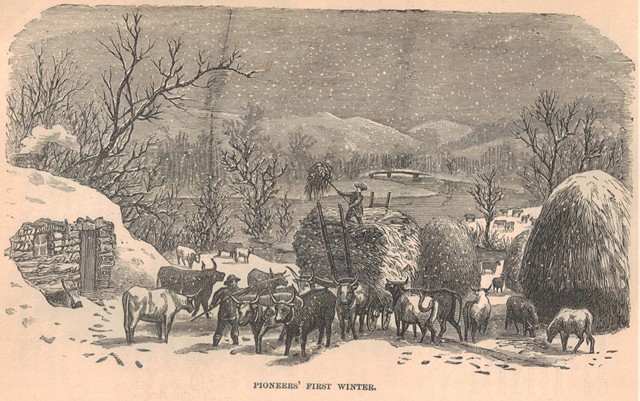Pg 89
. . . years of depression of values, of scarcity of employment, and loss of fortune. To a less degree, however, than the manufacturing or mining regions has the West suffered during the prolonged panic now so near its end. Agriculture, still the leading feature in our industries, has been quite prosperous through all these dark years, and the farmers have cleared away many incumbrances resting over them from the period of fictitious values. The population has steadily increased, the arts and sciences are gaining a stronger foothold, the trade area of the region is becoming daily more extended, and we have been largely exempt from the financial calamities which have nearly wrecked communities on the seaboard dependent wholly on foreign commerce or domestic manufacture.
At the present period there are no great schemes broached for the Northwest, no propositions for government subsidies or national works of improvement, but the capital of the world is attracted hither for the purchase of our products or the expansion of our capacity for serving the nation at large. A new era is dawning as to transportation, and we bid fair to deal almost exclusively with the increasing and expanding lines of steel rail running through every few miles of territory on the prairies. The lake marine will no doubt continue to be useful in the warmer season, and to serve as a regulator of freight rates; but experienced navigators forecast the decay of the system in moving to the seaboard the enormous crops of the West. Within the past five years it has become quite common to see direct shipments to Europe and the West Indies going through from the second-class towns along the Mississippi and Missouri.
As to popular education, the standard has of late risen very greatly, and our schools would be creditable to any section of the Union.
More and more as the events of the war pass into obscurity will the fate of the Northwest be linked with that of the Southwest, and the next Congressional apportionment will give the valley of the Mississippi absolute control of the legislation of the nation, and do much toward securing the removal of the Federal capitol to some more central location.
Our public men continue to wield the full share of influence pertaining to their rank in the national autonomy, and seem not to forget that for the past sixteen years they and their constituents have dictated the principles which should govern the country.
In a work like this, destined to lie on the shelves of the library for generations, and not doomed to daily destruction like a newspaper, one can not indulge in the same glowing predictions, the sanguine statements of actualities that fill the columns of ephemeral publications. Time may bring grief to the pet projects of a writer, and explode castles erected on a pedestal of facts. Yet there are unmistakable indications before us of . . .
Pg 90
. . . the same radical change in our great Northwest which characterizes its history for the past thirty years. Our domain has a sort of natural geographical border, save where it melts away to the southward in the cattle raising districts of the southwest.
Our prime interest will for some years doubtless be the growth of the food of the world, in which branch it has already outstripped all competitors, and our great rival in this duty will naturally be the fertile plains of Kansas, Nebraska and Colorado, to say nothing of the new empire so rapidly growing up in Texas. Over these regions there is a continued progress in agriculture and in railway building, and we must look to our laurels. Intelligent observers of events are fully aware of the strides made in the way of shipments of fresh meats to Europe, many of these ocean cargoes being actually slaughtered in the West and transported on ice to the wharves of the seaboard cities. That this new enterprise will continue there is no reason to doubt. There are in Chicago several factories for the canning of prepared meats for European consumption, and the orders for this class of goods are already immense. English capital is becoming daily more and more dissatisfied with railway loans and investments, and is gradually seeking mammoth outlays in lands and live stock. The stock yards in Chicago, Indianapolis and East St. Louis are yearly increasing their facilities, and their plant steadily grows more valuable. Importations of blooded animals from the progressive countries of Europe are destined to greatly improve the quality of our beef and mutton. Nowhere is there to be seen a more enticing display in this line than at our state and county fairs, and the interest in the matter is on the increase.
To attempt to give statistics of our grain production for 1872 would be useless, so far have we surpassed ourselves in the quantity and quality of our product. We are too liable to forget that we are giving the world its first article of necessity—its food supply. An opportunity to learn this fact so it never can be forgotten was afforded at Chicago at the outbreak of the great panic of 1873, when Canadian purchases, fearing the prostration of business might bring about an anarchical condition of affairs, went to that city with coin in bulk and foreign drafts to secure their supplies in their own currency at first hands. It may be justly claimed by the agricultural community that their combined efforts gave the nation its first impetus toward a restoration of its crippled industries, and their labor brought the gold premium to a lower depth than the government was able to reach by its most intense efforts of legislation and compulsion. The hundreds of millions about to be disbursed for farm products have already, by the anticipation common to all commercial . . .
Pg 91
. . . nations, set the wheels in motion, and will relieve us from the perils so long shadowing our efforts to return to a healthy tone.
Manufacturing has attained in the chief cities a foothold which bids fair to render the Northwest independent of the outside world. Nearly …




